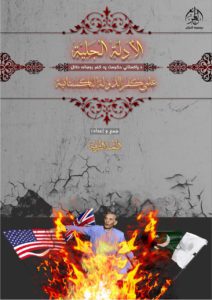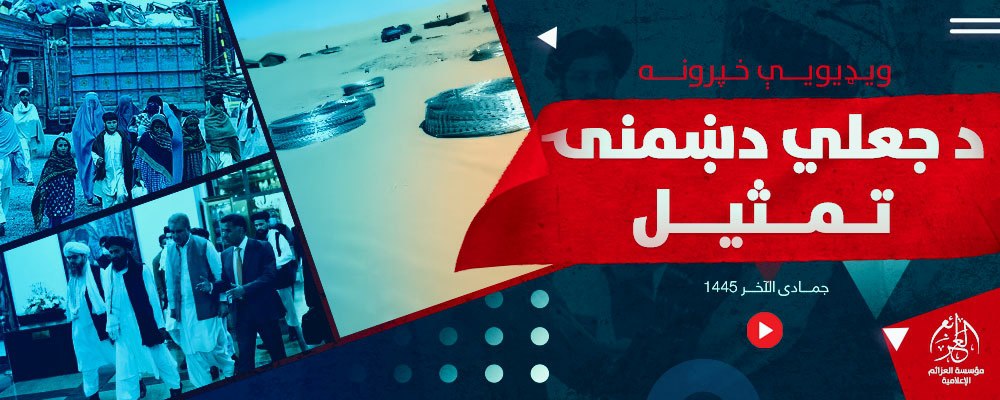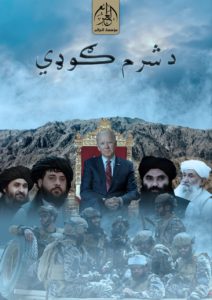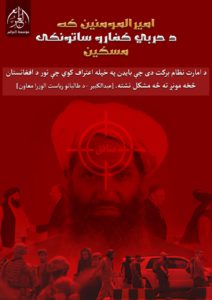For prior newsletter issues see: #426, #425, #424, #423, #422, #421, #420, #419, #418, #417, #416, #415, #414, #413, #412, #411, #410, #409, #408, #407, #406, #405, #404, #403, #402, #401, #400, #399, #398, #397, #396, #395, #394, #393, #392, #391, #390, #389, #388, #387, #386, #385, #384, #383, #382, #381, #380, #379, #378, #377, #376, #375, #374, #373, #372, #371, #370, #369, #368, #367, #366, #365, #364, #363, #362, #361, #360, #359, #358, #357, #356, #355, #354, #353, #352, #351, #350, #349, #348, #347, #346, #345, #344, #343, #342, #341, #340, #339, #338, #337, #336, #335, #334, #333, #332, #331, #330, #329, #328, #327, #326, #325, #324, #323, #322, #321, #320, #319, #318, #317, #316, #315, #314, #313, #312, #311, #310, #309, #308, #307, #306, #305, #304, #303, #302, #301, #300, #299, #298, #297, #296, #295, #294, #293, #292, #291, #290, #289, #288, #287, #286, #285, #284, #283, #282, #281, #280, #279, #278, #277, #276, #275, #274, #273, #272, #271, #270, #269, #268, #267, #266, #265, #264, #263, #262, #261, #260, #259, #258, #257, #256, #255, #254, #253, #252, #251, #250, #249, #248, #247, #246, #245, #244, #243, #242, #241, #240, #239, #238, #237, #236, #235, #234, #233, #232, #231, #230, #229, #228, #227, #226, #225, #224, #223, #222, #221, #220, #219, #218, #217, #216, #215, #214, #213, #212, #211, #210, #209, #208, #207, #206, #205, #204, #203, #202, #201, #200, #199, #198, #197, #196, #195, #194, #193, #192, #191, #190, #189, #188, #187, #186, #185, #184, #183, #182, #181, #180, #179, #178, #177, #176, #175, #174, #173, #172, #171, #170, #169, #168, #167, #166, #165, #164, #163, #162, #161, #160, #159, #158, #157, #156, #155, #154, #153, #152, #151, #150, #149, #148, #147, #146, #145, #144, #143, #142, #141, #140, #139, #138, #137, #136, #135, #134, #133, #132, #131, #130, #129, #128, #127, #126, #125, #124, #123, #122, #121, #120, #119, #118, #117, #116, #115, #114, #113, #112, #111, #110, #109, #108, #107, #106, #105, #104, #103, #102, #101, #100, #99, #98, #97, #96, #95, #94, #93, #92, #91, #90, #89, #88, #87, #86, #85, #84, #83, #82, #81, #80, #79, #78, #77, #76, #75, #74, #73, #72, #71, #70, #69, #68, #67, #66, #65, #64, #63, #62, #61, #60, #59, #58, #57, #56, #55, #54, #53, #52, #51, #50, #49, #48, #47, #46, #45, #44, #43, #42, #41, #40, #39, #38, #37, #36, #35, #34, #33, #32, #31, #30, #29, #28, #27, #26, #25, #24, #23, #22, #21, #20, #19, #18, #17, #16, #15, #14, #13, #12, #11, #10, #9, #8, #7, #6, #5, #4, #3, #2, and #1.
—

Click the following link for a safe PDF copy: The Islamic State — al-Nabā’ Newsletter #427
_______________
Source: RocketChat
To inquire about a translation for this newsletter issue for a fee email: [email protected]








